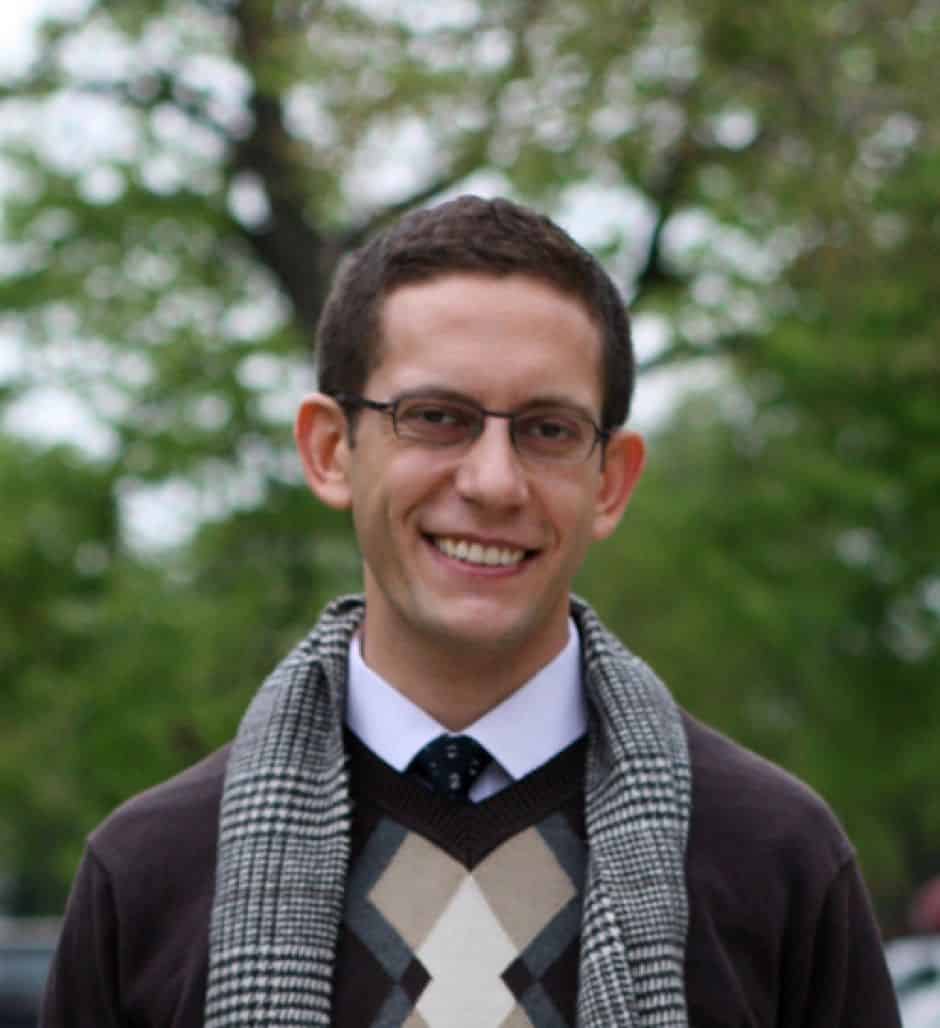Introduction
A key government agency that oversees financial derivatives could remain without a permanent leader until the man nominated to run it shows he plans to crack down on investment scams involving precious metals.
Sen. Bill Nelson, D-Fla., said Wednesday that he will block the nomination Timothy Massad to chair the Commodity Futures Trading Commission until they can have “a conversation” about the scams in which firms pressure investors, especially the elderly, to put their money in precious metals like gold and silver.
“We’re not going to let this go,” Nelson said during a hearing of the Senate Special Committee on Aging, which he chairs.
Committee staff found in a year-long investigation that “thieves, con-men and swindlers … looking for an easy buck” are pushing precious metals investments without disclosing the true risks, according to a report issued in connection with the hearing. Metals firms use high-pressure telemarketing tactics, mislead people about the investments’ safety and push investors to take more risk by investing borrowed money, the report says.
Federal law allows people to buy metals with pre-tax retirement funds, even in transactions where borrowed funds also are used, the committee noted.
That makes the elderly, with retirement accounts flush with cash, “particularly attractive targets for a wide array of fraudsters,” former commodities broker Karl Spicer testified. Spicer pled guilty in New York last year to criminal larceny and fraud charges for his role in a metals scam; he is scheduled to be sentenced in June.
One witness at the hearing, Joe Melomo, described being conned into investing his entire retirement savings in gold and silver. American Precious Metals reached Melomo shortly after he lost money on a restaurant venture and convinced him to invest $170,000, the former IBM physicist said. The company tried to charge him $165,000 in administrative fees and $37,000 in interest, he said.
American Precious Metals and its principals later agreed to pay $24 million to settle civil charges by the FTC.
More than 10,000 Americans have been victimized to the tune of $300 million, according to a “conservative” estimate by committee staff.
Metals investments are regulated by the CFTC and the Federal Trade Commission. The CFTC gained authority to oversee many consumer transactions under the 2010 financial overhaul law known as the Dodd-Frank Act. The law also increased the agency’s power to oversee the market for derivatives, a type of financial contract that figured heavily in the 2008 financial meltdown.
The Senate committee found gaps in the two agencies’ enforcement powers. The FTC enforces telemarketing sales rules, while the CFTC has authority over sales to consumers where the physical commodity is not delivered within a month.
With no single agency responsible for monitoring the whole business, senators said during the hearing, fraudsters are able to collapse businesses and set up new ones overnight with few consequences.
Federal regulators “have a tendency to dither and take months and not take very many cases,” said Sen. Claire McCaskill, D-Mo.
Massad, President Barack Obama’s choice to head the CFTC, has been in charge of winding down the massive bank bailout programs enacted during the financial crisis. He previously was a partner with the corporate law firm Cravath, Swaine & Moore LLP, where he worked on securities transactions.
Advocates of stricter financial oversight have questioned whether Massad, if confirmed, would be aggressive enough in cracking down on risky practices by financial companies.
Sen. Elizabeth Warren said after Massad was nominated that she would need to have more conversations with Massad. His predecessor, Goldman Sachs alum Gary Gensler, “set a very high standard,” Warren said in a statement at the time.
And Nelson has raised concerns about Massad before. The senator said previously said that he wants more specifics about how Massad would handle issues including oil trading by speculators that can distort fuel prices.
A CFTC spokesman referred questions to Treasury. Treasury spokesman Adam Hodge did not respond to a request for comment.
Read more in Money and Democracy
Primary Source
Montana state senators raise big bucks with secretive nonprofit
Conservative Montana Growth Network spent heavily during Supreme Court elections
Primary Source
Ex-FEC leader starts New Hampshire super PAC
Republican David Mason behind ‘New Hampshire PAC to Save America’

Join the conversation
Show Comments